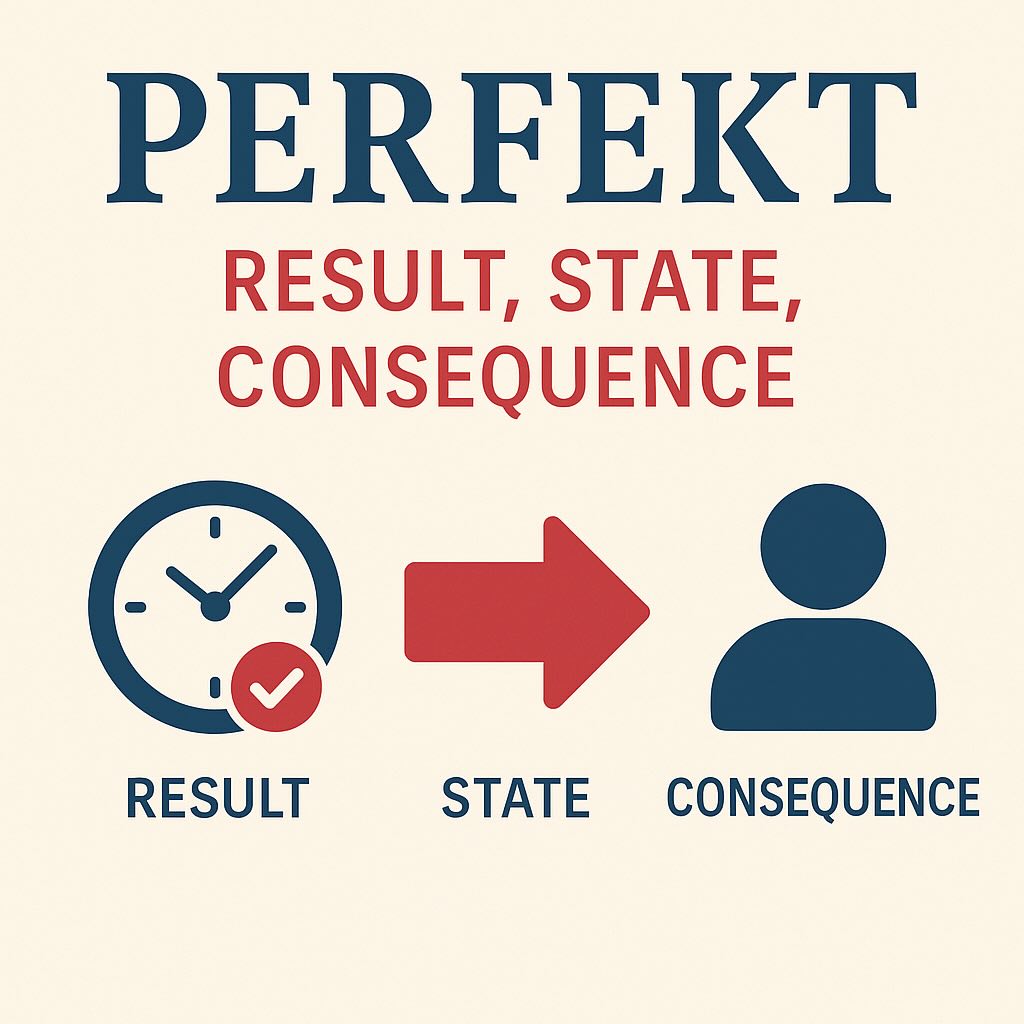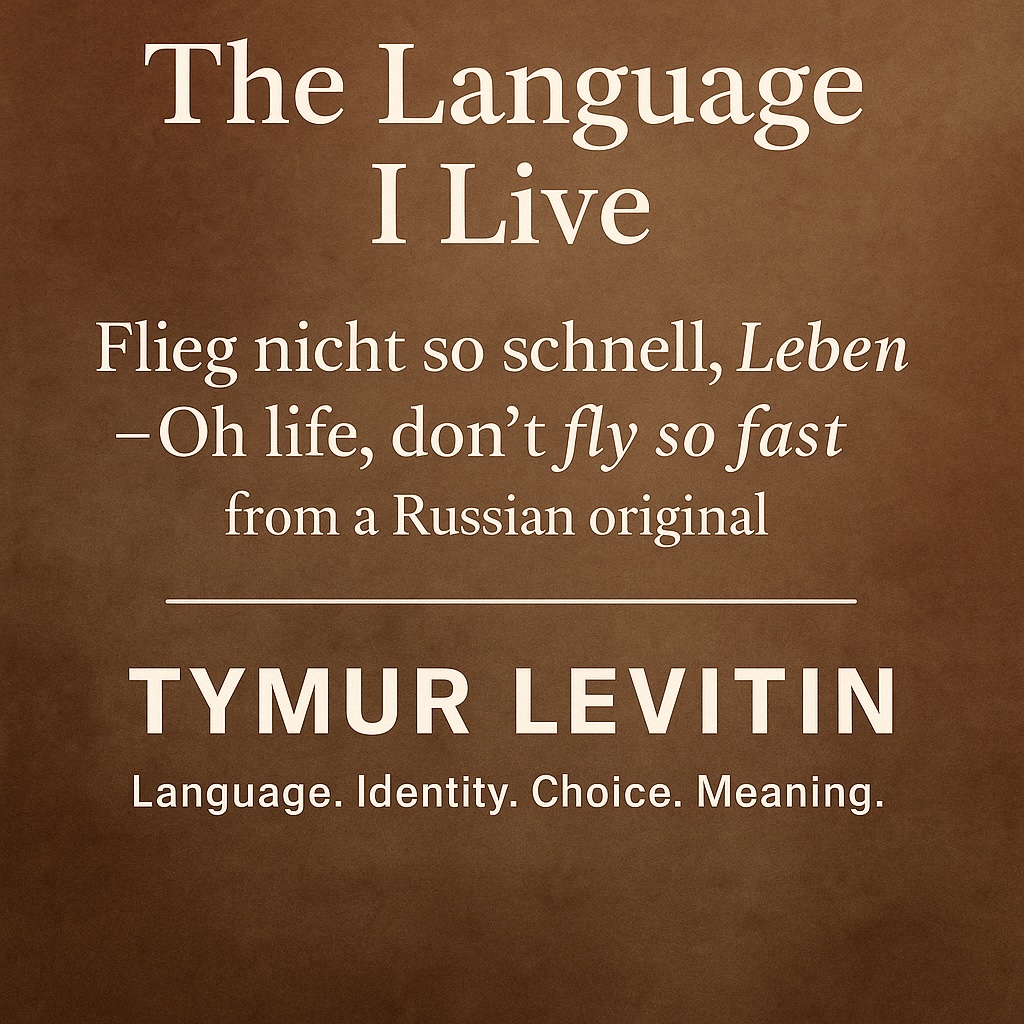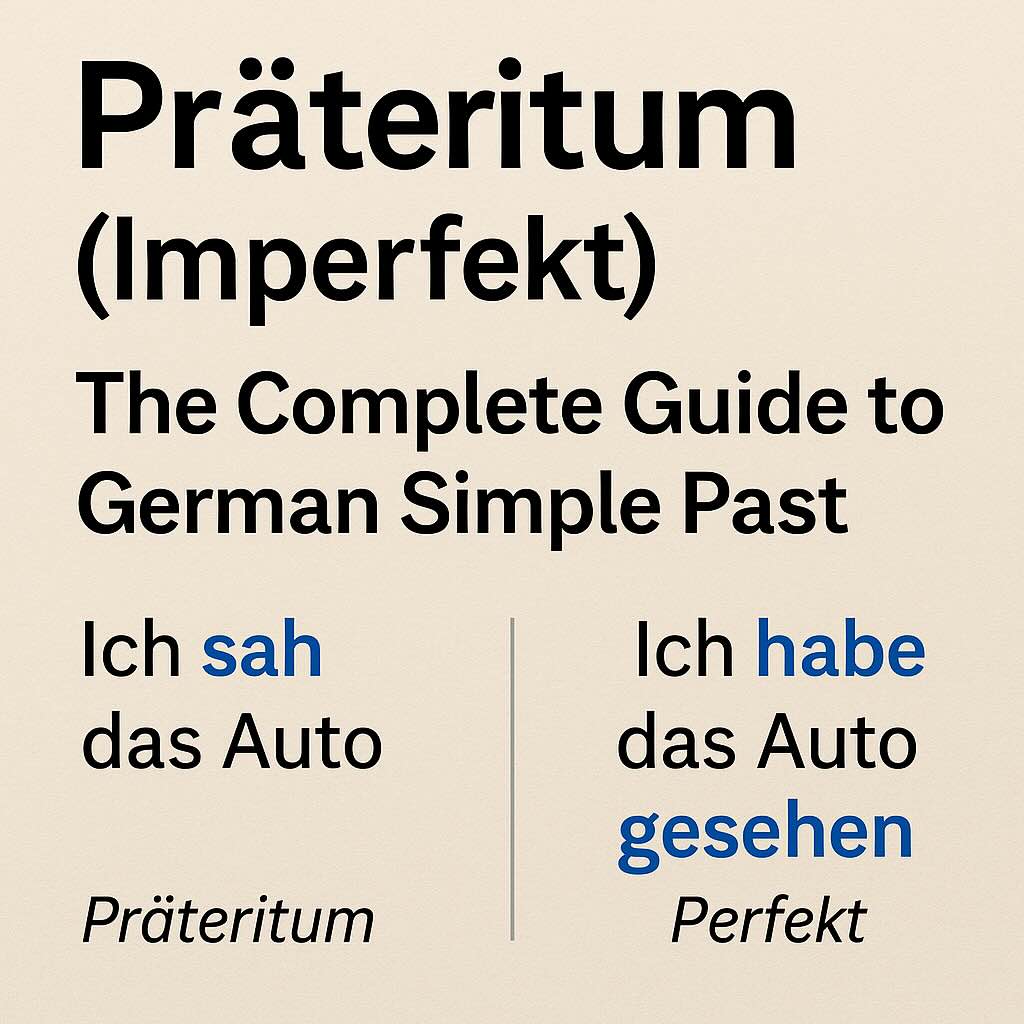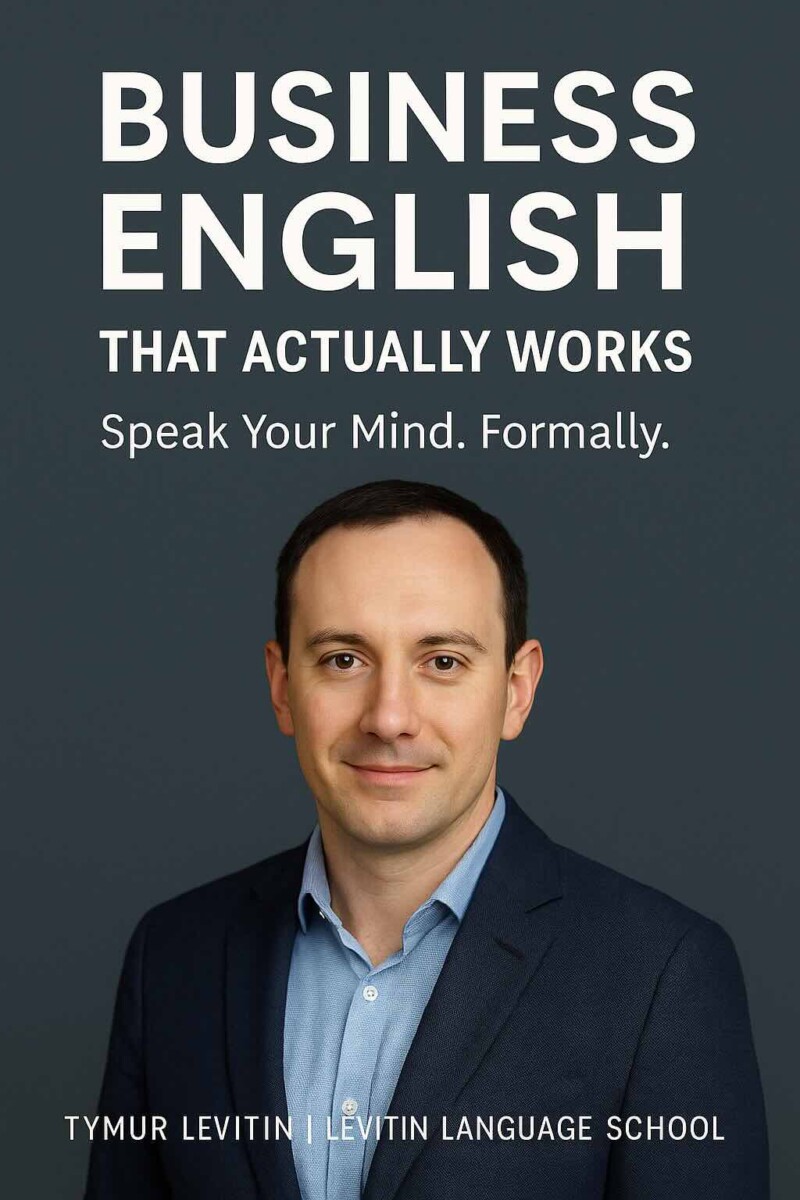When learning German, two of the first verbs you meet are sein (to be) and haben (to have). They are not only important as main verbs but also as auxiliary verbs for building the past tense (Perfekt). Many beginners get confused about when to use sein і коли використовувати haben. This guide gives you the simple rules.
Sein and Haben as Main Verbs
Both verbs are irregular and essential in everyday German.
Examples with sein (to be):
- Ich bin müde. (I am tired.)
- Er ist Lehrer. (He is a teacher.)
Examples with haben (to have):
- Ich habe ein Auto. (I have a car.)
- Wir haben Zeit. (We have time.)
Sein and Haben as Auxiliary Verbs
У Perfekt tense, you need an auxiliary verb (Hilfsverb). Most German verbs use haben, but some use sein.
Rule for haben
Use haben with:
- Transitive verbs (with a direct object).
- Most verbs that describe actions without movement.
Приклади:
- Ich habe das Buch gelesen. (I have read the book.)
- Er hat Fußball gespielt. (He played football.)
Rule for sein
Use sein with:
- Verbs of movement from one place to another (gehen, fahren, kommen, fliegen).
- Verbs of change of state (aufwachen, sterben, einschlafen).
- The verbs sein і bleiben themselves.
Приклади:
- Ich bin nach Berlin gefahren. (I went to Berlin.)
- Sie ist krank geworden. (She became sick.)
- Er ist zu Hause geblieben. (He stayed at home.)
Sein vs. Haben: Side by Side
| Дієслово | Auxiliary | Приклад |
|---|---|---|
| spielen | haben | Ich habe gespielt. |
| essen | haben | Er hat gegessen. |
| gehen | sein | Ich bin gegangen. |
| kommen | sein | Sie ist gekommen. |
| bleiben | sein | Wir sind geblieben. |
Common Mistakes — and How to Fix Them
- ❌ Ich habe gegangen.
✔️ Ich bin gegangen. - ❌ Wir sind gespielt.
✔️ Wir haben gespielt. - ❌ Er hat geblieben.
✔️ Er ist geblieben.
FAQ: Sein vs. Haben
Q: Is sein always used with movement?
Yes, but only if the verb means movement from A to B. Not all movements need sein.
Q: Do I need to memorize all verbs that use sein?
Yes — but it’s a short list. Most verbs use haben.
Q: Can a verb take both sein and haben?
Some verbs (like fahren (фр.)) can take both, depending on meaning. Example:
- Ich habe das Auto gefahren. (I drove the car.)
- Ich bin nach Berlin gefahren. (I went to Berlin.)
Final Note
Learning when to use sein або haben is one of the first big steps in German grammar. Once you understand the rules, you can build correct sentences in the past tense.
👉 For a deeper exploration of how grammar reflects meaning, see Tymur Levitin’s Author’s Column.

📚 Related Articles
- Perfekt vs. Präteritum: What’s the Real Difference?
- German Cases Explained: Nominative, Accusative, Dative, Genitive
👨🏫 Автор: Tymur Levitin — founder, director, and senior teacher at Levitin Language School | Start Language School by Tymur Levitin.
View teacher’s profile →
🌍 Learn German with us:
German Language Learning Page →
© Tymur Levitin | Category: German Grammar for Beginners
























